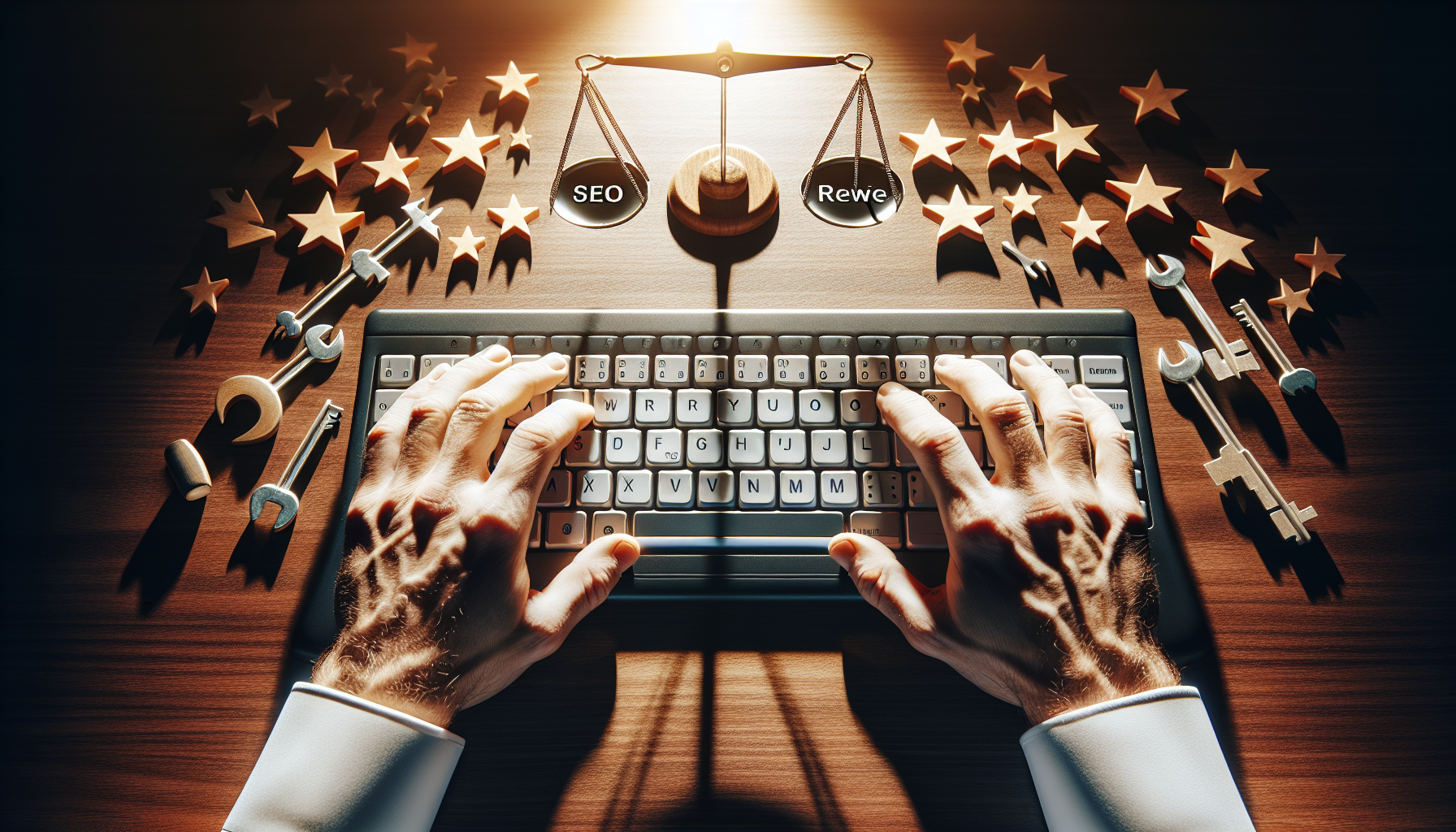Understanding e-reputation and its importance
With the continued evolution of digital technologies and the increasing integration of social media into our daily lives, thee-reputation has become a crucial factor for individuals and businesses. It constitutes all the information present on the Internet which influences public perception of a brand, a company or a person. L’e-reputation is shaped by comments, opinions, images and interactions on different platforms such as social networks, blogs, forums or review sites.
The management of the e-reputation is a task that requires constant attention and specific know-how to master the dynamics of the web. This includes regularly monitoring online mentions, positive SEO, and the ability to respond adequately to criticism and crisis situations. There e-reputation management is essential to preserve and improve brand image, which has a direct impact on consumer confidence, partnerships and turnover.
The components of e-reputation
L’e-reputation consists of several elements, the main of which are:
- Web content: articles, web pages, publications on social networks.
- Online reviews: comments, ratings and testimonials on platforms like Google Or Trustpilot.
- Presence on social networks: interaction and engagement on platforms such as Facebook, Twitter, LinkedIn, etc.
- Publications and mentions: mention of the brand or name in articles, blogger posts or reports.
Each of these elements plays a role in building a positive or negative online reputation. For example, a series of negative reviews on a product can quickly damage brand perception, while a good engagement rate on social media can reinforce the trust and authenticity felt by customers.
The importance of a positive online reputation
A e-reputation positive is incredibly valuable for several reasons. First, it influences consumers’ purchasing decisions; many research online before making an acquisition and actively read the reviews of others. Then, it contributes to the image and credibility of the brand or company, thus attracting more customers and strategic partnerships. Moreover, in a world where competition is fierce, a good e-reputation can be a significant competitive advantage.
Companies that invest in managing their e-reputation also benefit from better online visibility thanks to good positioning on search engines such as Google. This often results in increased web traffic and, therefore, additional business opportunities.
Tips for managing and improving your e-reputation
Here are some tips for managing and improving your e-reputation:
- Regularly monitor what is said on the Internet using digital monitoring tools such as Google Alerts Or Mention.
- Encourage satisfied customers to leave positive reviews and respond professionally to negative reviews.
- Maintain an active and positive presence on social media by posting regularly and interacting with the community.
- Publish quality content that reflects the values and expertise of the brand or individual.
- Manage possible crises in a transparent and responsive manner to limit the damage to the online image.
In short, understanding and managing your e-reputation is an essential component of the digital strategy of any company or professional. A polished online reputation opens doors to many opportunities, while a neglected online image can cause considerable harm to business and personal goals.
The foundations of good e-reputation management

L’e-reputation, or digital reputation, refers to the perception that Internet users have of a person or brand on the Internet. In an era where the majority of interactions and exchanges take place online, maintaining good e-reputation is crucial to the success and credibility of an entity. Here are the foundations for effectively managing your image on the web.
Constant web monitoring
Proactive management begins with constant monitoring. It’s essential to know what’s being said about you or your brand online. Use monitoring tools like Google Alerts to receive notifications of new mentions. Social media should also be monitored regularly to respond quickly to any criticism or comments.
Adapted and professional response
When a negative comment or review is posted online, it is important to respond thoughtfully. Take the time to understand the situation and respond professionally. A hasty or emotional response can make the situation worse. The key is to be empathetic, transparent, and to propose concrete solutions.
Creating positive content
A solid content strategy is fundamental in content managemente-reputation. Regularly publish quality content that highlights your expertise and values. This includes blog posts, videos, podcasts, and any other relevant formats. Positive content contributes to your image and can dilute the impact of potential negative comments.
Search Engine Optimization (SEO)
THE SEO plays an essential role in e-reputation management. You need to make sure that positive content appears first in search results. Using relevant keywords, link building, and metadata optimization are practices to incorporate into your content strategy.
Social media engagement
THE social networks are powerful vectors of communication. They allow you to engage in dialogue with your community and build relationships of trust. It also pays to participate in discussions related to your industry. This can improve your online visibility and reputation.
Crisis management
In the event of a crisis affecting your e-reputation, it is essential to have an action plan to deal with it effectively. There is a need to act quickly, communicate clearly and take corrective action. Crisis management often requires calling on communications and crisis management professionals.
Monitoring and analysis
Finally, it is not enough to implement a strategy: it is also necessary to evaluate its effectiveness. Data analysis can reveal trends and allow you to adjust your strategy accordingly. Analysis tools, such as Google Analytics or software specialized in e-reputation, can be very useful.
Strategies and tools for monitoring and optimizing online reputation

Online Reputation Monitoring Strategies
Monitoring your online reputation involves listening to and analyzing what is said about your brand on the internet so you can react quickly if necessary. Here are some key strategies:
- Proactive monitoring : monitor mentions of your brand using monitoring and alert tools.
- Review management : Respond to reviews, whether positive or negative, in a professional and constructive manner.
- Social media engagement : Engage with your community and monitor relevant conversations.
Establishing a crisis management plan is also an essential component of the surveillance strategy. It allows you to react effectively in the event of a potential problem with your brand image.
Tools for monitoring online reputation
To help monitor your e-reputation, different tools are available:
- Google Alerts : to receive notifications when your brand is mentioned.
- Social Mention : to analyze the frequency and reach of mentions on social media platforms.
- Mention : a more advanced tool that allows real-time tracking across different online sources.
Each of these tools can be customized to precisely monitor the aspects that are most important to your business.
Online reputation optimization strategies
Once monitoring is in place, working on optimizing your online reputation is the next step. Here are some strategies:
- Creation of quality content : content is king. Regularly publishing interesting and relevant content fuels a positive image.
- SEO (Search Engine Optimization): optimize your content for search engines to improve the visibility of your positive productions.
- Online public relations : Build relationships with influencers and media to promote a positive image of your brand.

Conclusion: Restoring Trust and Authority
Online crises can be devastating, but with the right tools and strategies, it is possible to turn things around. By remaining proactive, transparent, and focusing on creating positive content, brands and individuals can restore their online image and regain the trust of their public. The goal is to build a strong, resilient digital presence that can withstand the tests of time and potential crises.

Leave a Reply